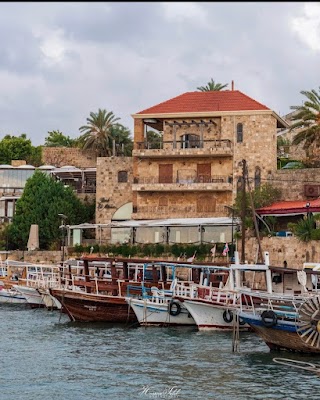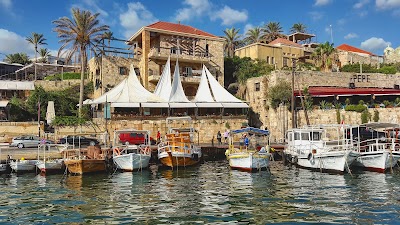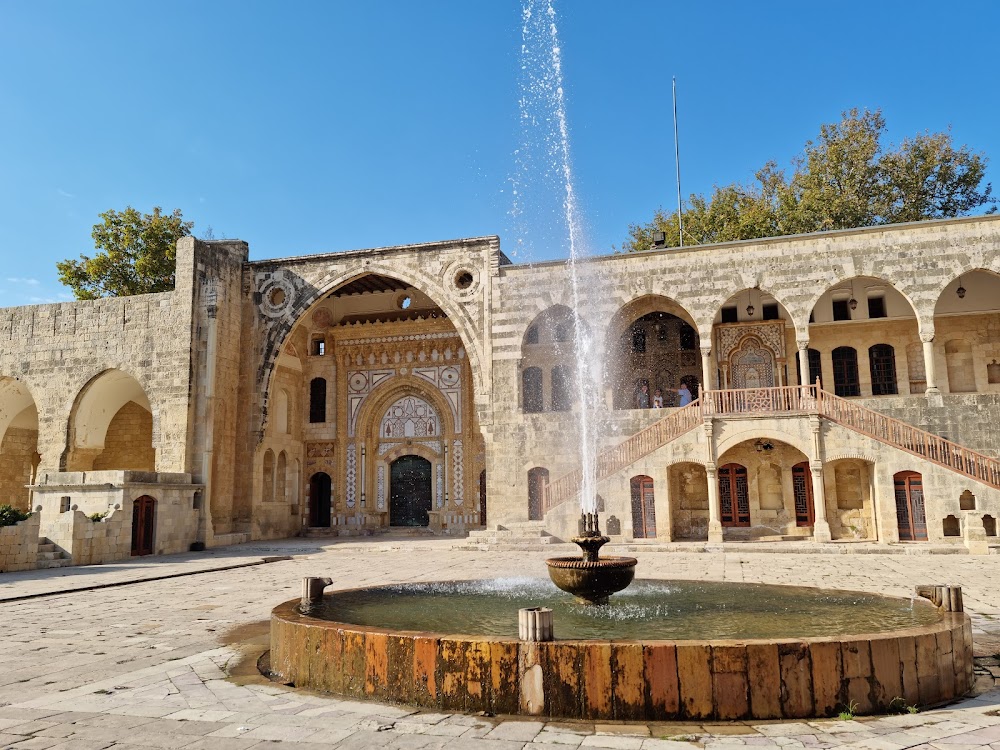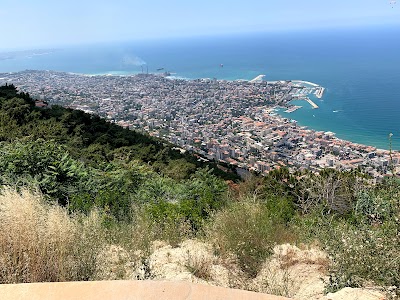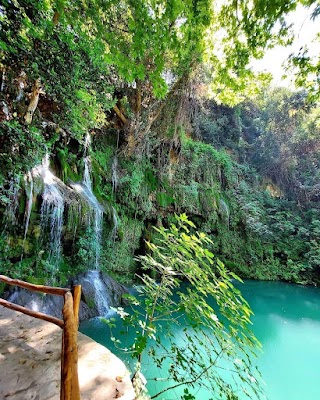Jbeil (Byblos) Archaeological Site (الموقع الأثري في جبيل)
Related Places
Overview
The **Jbeil (Byblos) Archaeological Site** in Mount Lebanon, Lebanon, is one of the most captivating and historic destinations in the world. Nestled along the stunning Mediterranean coast, Byblos—known locally as Jbeil—offers an extraordinary glimpse into the rich tapestry of human civilization. This ancient city is believed to be one of the oldest continuously inhabited cities on the planet, with roots that trace back over 7,000 years.
The significance of Byblos extends far beyond its remarkable age. It served as a vital center for the **Phoenicians**, the ancient seafaring people credited with developing the Phoenician alphabet, which is a precursor to many modern alphabets. This groundbreaking innovation established Byblos as a cornerstone in the history of written communication. As an essential port and trade hub, Byblos connected ancient civilizations across the Mediterranean with Egypt, Greece, and beyond, facilitating the exchange of goods, ideas, and culture that had a lasting impact on regional development.
A visit to the **Jbeil Archaeological Site** unveils layers of history, each narrating a unique chapter in Byblos's extensive story. Among the most notable structures are the ancient city walls, dating back to the Early Bronze Age, which showcase the city’s formidable defenses. The meticulously restored **Crusader Castle**, built in the 12th century, stands as another highlight. This well-preserved fortress not only offers panoramic views of the Mediterranean but also serves as a favorite spot for photographers and history enthusiasts alike.
One cannot miss the **Temple of Baalat Gebal**, dedicated to the goddess of Byblos and one of the city’s oldest temples. The remains of this ancient sanctuary, with its massive stone blocks and ceremonial artifacts, provide valuable insights into the religious practices of Byblos's early inhabitants. Nearby, the **Obelisk Temple**, dating back to the Middle Bronze Age, showcases an impressive collection of granite obelisks and other remnants that illuminate the city’s storied past.
In addition to these historical treasures, the site features remnants from the **Roman period**, including the grand Roman Theater, which highlights the architectural prowess of the era. Visitors can explore numerous smaller ruins scattered throughout the site, such as houses, tombs, and public buildings, each contributing to the rich tapestry of Byblos's history.
An intriguing aspect of Byblos is its identification with the biblical city of **Gebal**. Its ancient significance is further underscored by mentions in various religious texts, adding a spiritual dimension to its impressive historical importance. Moreover, Byblos's pivotal role in the spread of the alphabet emphasizes its enduring impact on civilization.
For those captivated by archaeology, Byblos offers a treasure trove of discoveries. The site's museum, located within the Crusader Castle, houses an array of artifacts excavated from the area, including pottery, tools, jewelry, and inscriptions. These items provide a more intimate understanding of the daily life and customs of Byblos's ancient inhabitants.
Byblos is also famed for its charming and vibrant **old souk**, where modern visitors can explore a multitude of shops, cafes, and restaurants nestled among ancient ruins. The souk is an excellent destination for unique souvenirs and experiencing genuine Lebanese hospitality. The atmosphere here beautifully blends the past with the present, making a visit to Byblos not just a historical journey but a rich cultural experience.
The city's coastal location offers additional opportunities for relaxation and recreation. After exploring the archaeological wonders, tourists can unwind on beautiful beaches, take a refreshing swim in the Mediterranean, or engage in various water activities. Byblos frequently hosts local festivals and events celebrating its rich heritage, including the **Byblos International Festival**, a popular summer event featuring music and cultural performances.
In essence, the **Jbeil (Byblos) Archaeological Site** is more than just ancient ruins; it represents a layered chronicle of human endeavor and achievement. Whether you are a history buff, a culture enthusiast, or simply seeking a unique travel experience, Byblos promises to mesmerize with its stories etched in stone and its legacy preserved through millennia. Exploring this ancient city reveals the interconnected history of human civilizations and offers an unforgettable glimpse into our collective past.


